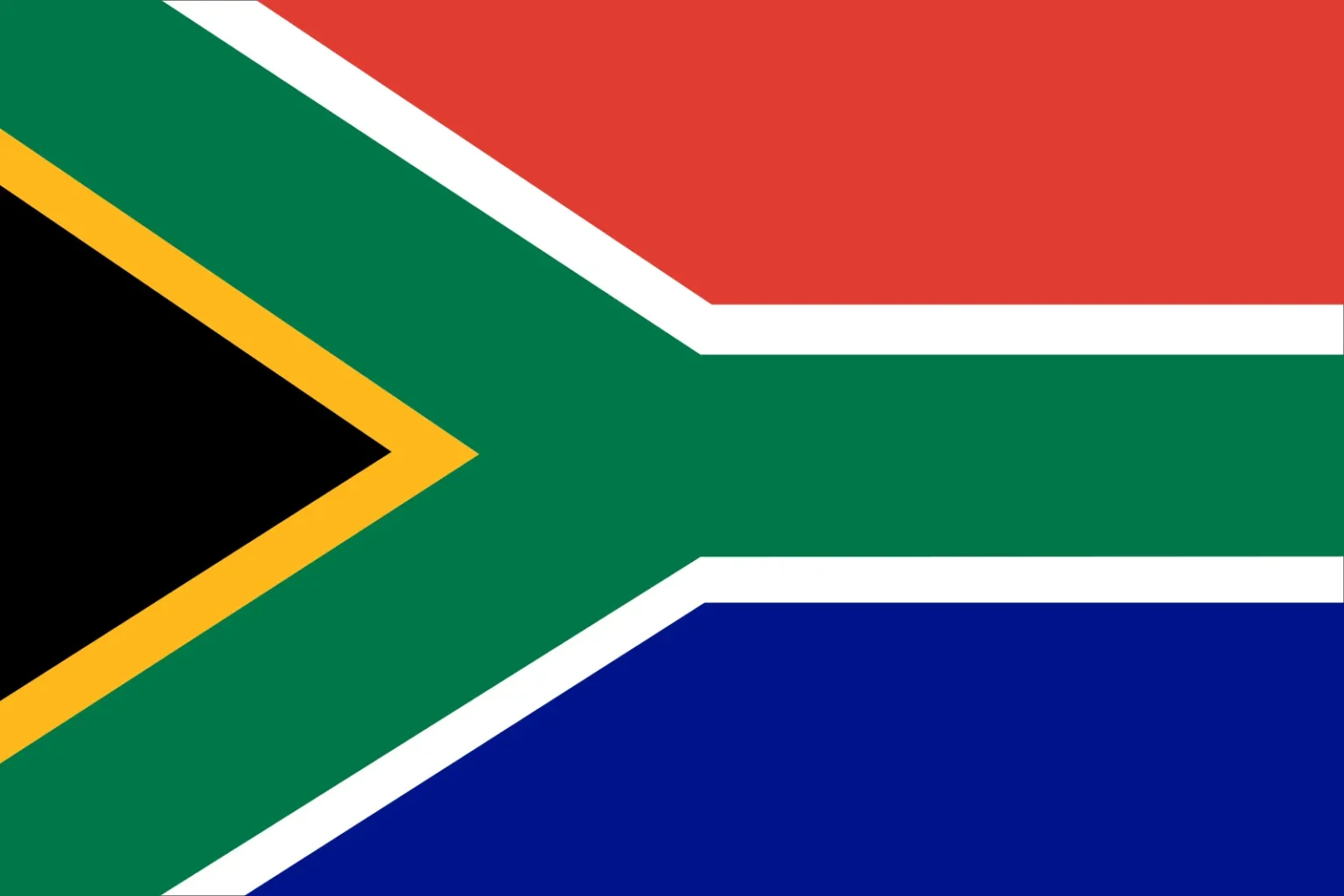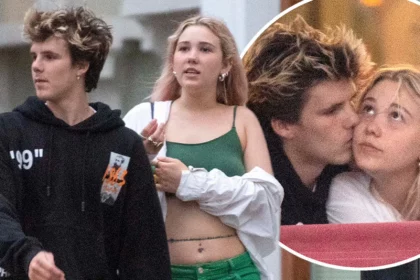South Africa will go to the polls on May 29 to choose a parliament, which will in turn pick a president, President Cyril Ramaphosa announced Tuesday.
The vote may prove historic, with opinion polls showing Ramaphosa’s ANC party on less than 50 percent in nationwide elections for the first time in South Africa’s three decades of democracy.
If the African National Congress (ANC), which has led South Africa since its first free elections in 1994 after the end of apartheid rule, does not win a majority it will need coalition allies to form a government.
Complaints have been mounting about South Africa’s soaring violent crime rate, lackluster economy, power cuts, and unemployment — and Ramaphosa faces challenges from right and left.
But the ANC party remains a formidable machine, with supporters at all levels of government, and many South Africans retain proud memories of its lead role in the anti-apartheid struggle.
Ramaphosa is due to launch his party’s manifesto on Saturday at a large rally at a soccer stadium in Durban the key electoral battleground of KwaZulu-Natal.
“Beyond the fulfilment of our constitutional obligation, these upcoming elections are also a celebration of our democratic journey and a determination of the future that we all desire,” he said.
“I call on all South Africans to exercise their democratic right to vote and for those who will be campaigning to do so peacefully, within the full observance of the law.”
The announcement of the date has been long-anticipated, and many of the ANC’s rival parties have already launched their manifestos for change, sensing a moment of weakness.
From the right, the liberal Democratic Alliance (DA) is trying to weld together a group of smaller parties to whittle down the ANC majority and shake off its image as representing the white minority.
On the left, the ANC will have to contend with both Julius Malema’s radical EFF and a new group led by former president Jacob Zuma, tainted by corruption charges but still popular in KwaZulu-Natal.




